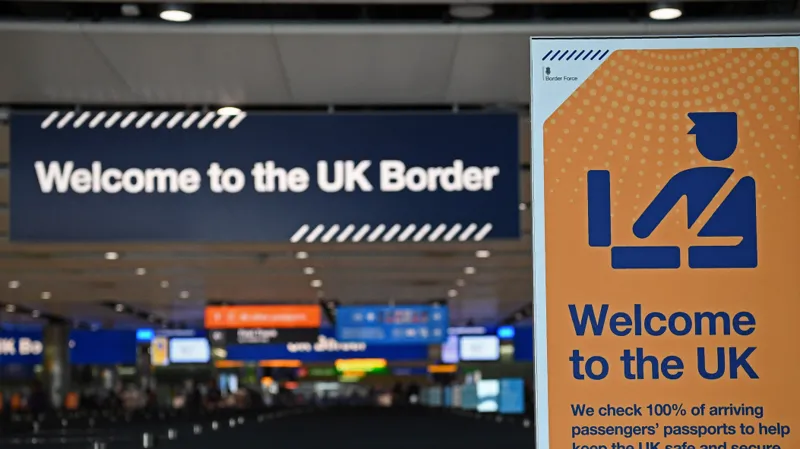In a sweeping move that could reshape the migration plans of thousands of Nigerians, the British Government has released a new Immigration White Paper outlining significant changes to who can enter, work, study, and settle in the United Kingdom. The aim: to cut immigration by around 100,000 people per year, and Nigerians, who are among the largest immigrant groups in the UK, are not exempt from its impact.
What’s Changing for Nigerian Students?
• Shorter Post-Study Stay: Nigerian students will now have just 18 months to remain in the UK after graduating, a drop from the current two-year window.
• Higher Bar for Schools and Agents: UK universities and colleges that recruit international students must now meet tougher compliance rules, including higher enrolment and graduation rates. They must also sign on to a new Agent Quality Framework, potentially making it harder for low-tier schools to accept Nigerian students.
• New Student Levy: A new tax on income from international students is being considered. The funds may be redirected to train UK citizens, a move that suggests the UK is rethinking its reliance on foreign tuition.
What’s Changing for Nigerian Workers and Skilled Migrants?
• No Degree, No Visa: Migrants, including Nigerians, will need university-level degrees to qualify for skilled worker visas.
• Salary Threshold Raised: Minimum salary requirements have increased, meaning Nigerians in sectors like tech, health, or finance will need to earn more to qualify.
• Social Care Visa Closed: The UK has closed the social care visa route for new overseas applicants. This directly affects thousands of Nigerians who had hoped to enter the UK through that path.
• Points-Based Entry Tightened: Only job roles that are classified as long-term shortages and approved by the UK’s Migration Advisory Committee, with a solid workforce strategy in place, will qualify. This adds another layer of bureaucracy for Nigerian applicants.
• No More Discounted Pay for Shortage Roles: All applicants must now meet full salary thresholds, even in critical sectors.
New Rules for Migrants with Criminal Records & Illegal Workers
• Foreign nationals convicted of any serious crimes, including non-jail offenses like domestic abuse, face automatic deportation.
• The UK is expanding use of digital IDs (eVisas) and biometric tech to crack down on illegal work, especially in gig economy sectors where some Nigerians find informal jobs.
Changes in Settlement, Language & Citizenship
• The bar for permanent settlement and British citizenship has been raised:
• English requirement increased from B1 to B2 (independent user).
• Settling in the UK will now take 10 years, not 5.
• Visa extensions require proof of English improvement.
• Life in the UK test and citizenship fees may be reviewed, but conditions will still tighten.
• However, Nigerians making “strong contributions to the UK economy or society” may qualify for faster settlement and citizenship.
Exceptions for Family and Vulnerable Groups
• Family members of British citizens can still settle after five years.
• Nigerians fleeing domestic abuse or whose British/settled children die can remain in the UK permanently.
• Young undocumented migrants in the UK, especially those raised in care, may receive help to gain permanent status.
In Summary: What This Means for Nigerians
These reforms reflect the UK’s growing focus on skills, self-sufficiency, and compliance, and less on open migration routes. For many Nigerians dreaming of “japa” through education, social care, or entry-level jobs, the path just got steeper, stricter, and more expensive.
Prospective migrants are now urged to reassess their plans, upgrade qualifications, and watch closely for further changes expected later this year.

